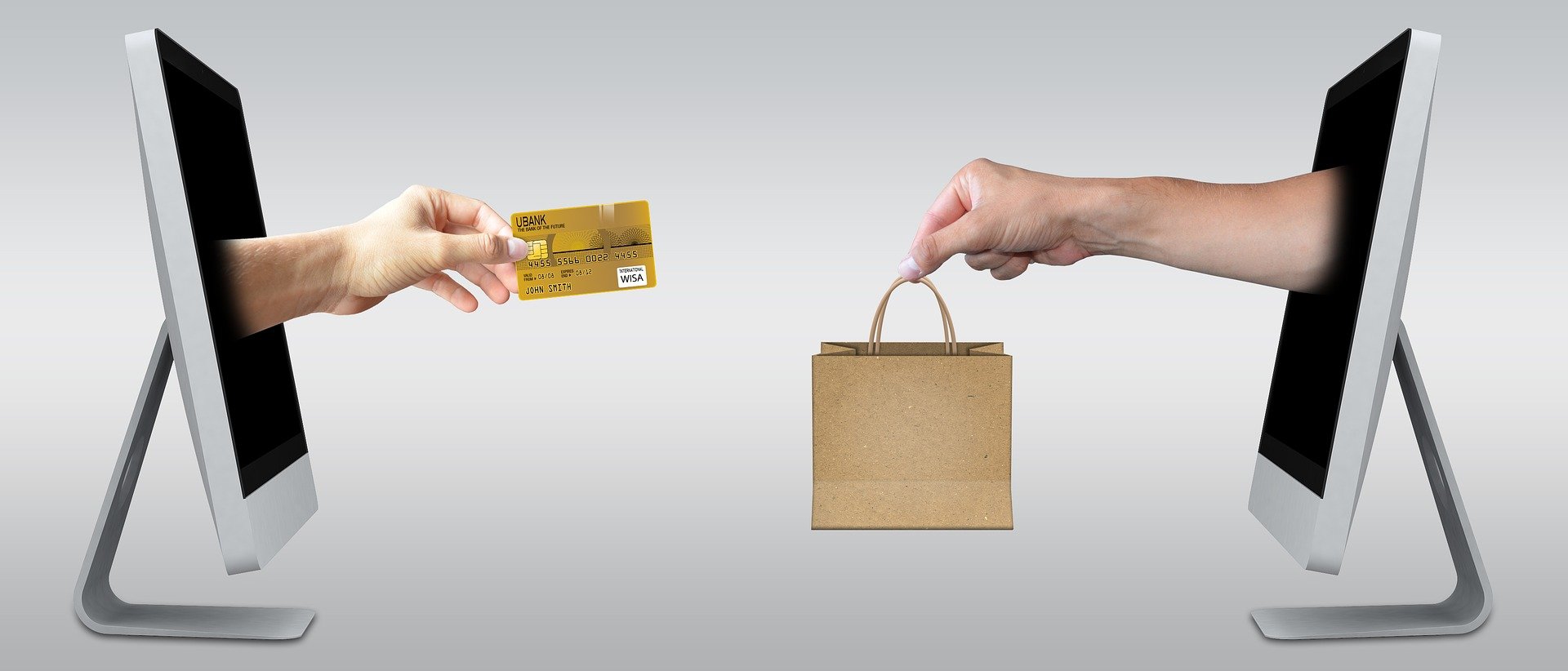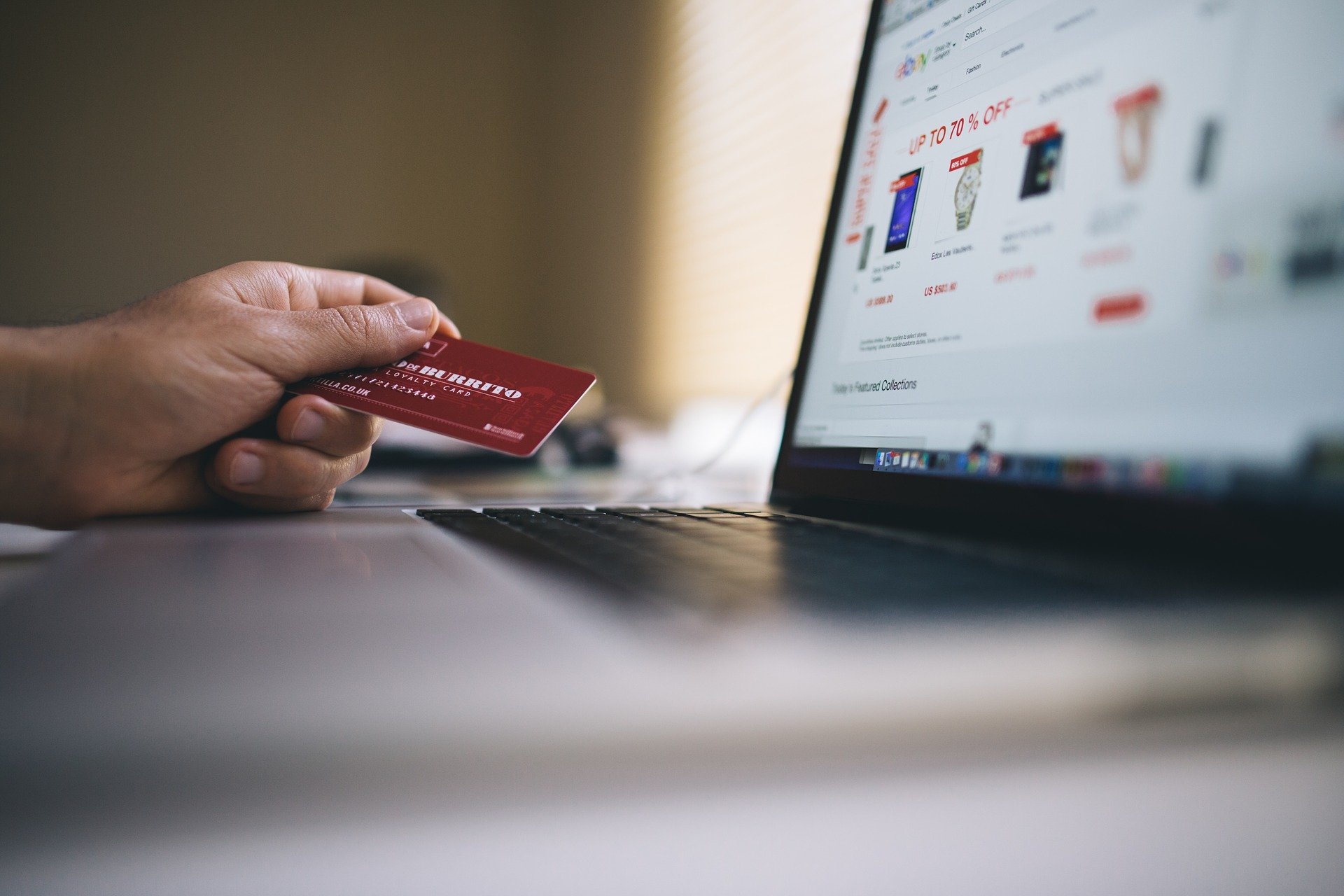e-commerce provides the necessary tools to expand your company and provide your customers with the security and >confidence they need when purchasing a product or service. In all on-line activity it is necessary that this security is well supported.
There are many types of interactions in e-commerce that require strict information encryption so that both the information of your clients and that of your company are well supported.
We can see this, for example, when there is a store that sells beauty products through its website or an academy of on-line courses. They carry out transactions through their payment gateway service (Article: What are payment gateways and how do they work) and users must go to this environment and provide all personal data.
These environments are designed to safeguard all the information provided by customers such as TDC numbers, email addresses, etc. However, outside of this space there are also ways for hackers to steal your information.
Well, websites must protect all information and they do so using Secure Sockets Layer technology or SSL (Secure Sockets Layer). An encryption protocol that ensures the security of communications between a browser and a web server.
Millions of companies worldwide use this technology as a measure to reduce the risk of theft and manipulation of confidential information by hackers and identity thieves.
In 1999 SSL was replaced by an updated and much more secure version called Transport Layer Security or TLS (Transport Layer Security). However, the acronym SSL is still used to refer to this type of technology.
This SSL technology easily adapts to any type of device or computer that contains a browser and connects to a web server. Therefore, companies that carry out e-commerce guarantee the security of their web pages and applications through this encryption.
The expansion of e-commerce in Latin America (Article: E-commerce in Latam) has been rapid and exponential in this year 2020 and many companies < /strong>and people still don’t know how secure their on-line transactions are.
It is a topic of great interest for e-commerce leaders to educate users and customers so that they know all the aspects involved in this new form of commerce that is >revolutionizing the world (Article: Consumer habits in e-commerce) and that will continue to grow over time, increasing the economy of the regions and benefiting all those involved.
That is why below we present four important facts that you need to know about the security of e-commerce and how your data is well protected on the web.
- How to know if the site is safe:
SSL allows any web browser to identify a place as secure. Each web server must identify itself in its HTTP protocol with an S at the end, so that it remains HTTPS.
The HTTP protocol alone is not secure and accessing a website without this measure represents a risk, it does not intercept intruders since this data sent from the browser to the server or between two terminals is transmitted as plain text.
The SSL guarantee both the web user and the web server that the information is encrypted and protected against third parties.
- Actions search engines take:
In 2014 Google took firm position in favor of the use of SSL to promote security on the Internet. In fact, it even developed rewards for websites that did have this technology through better search engine rankings.
Already in 2018, the measures took greater shape when it was established to penalize those websites that did not comply with this security protocol, signaling them with a “not secure” notice in the user’s browser.
In this way, users who access a virtual store and find this signal must leave the site and not make any monetary transaction or provide personal data. through this site, as your data will not be secure.
- Types of data you should take care of:
Many people think that only the details of their payments through payment gateways are what they should protect, however there is more data that must be protected and we mention it here:
- Login and password information.
- Financial information such as TDC numbers, bank accounts, cryptocurrency keys, etc.
- Personal data such as names, addresses, social security numbers, dates of birth, etc.
- Proprietary information.
- Legal documents.
- Customer lists and their personal data.
- Medical history.
As you can see, all this information is relevant and in the hands of a person with bad intentions who wants to harm you, they will use any means to achieve it.
- How to get your SSL:
This last piece of information is the one that should interest you the most, because you should know how this technology SSL is obtained. They are issued by Certificate Authorities ( CA) which are internationally authorized trusted organizations that are in charge of verifying the identity and legitimacy of the entity requesting these certificates.
The CAs are in charge of receiving certificate requests, authenticating these requests, issuing them, and maintaining updated information on the status of said issued certificates.
A very important additional fact that you should know about the CAs that provide SSL is that there are several organizations that provide them, you should take into account that in your users’ browsers there are caches of lists of these Trusted CAs and those not on these lists are flagged as an untrustworthy warning. Try to purchase your SSL certificate from a trusted provider.
As you can see, it is not a difficult tool to acquire and handle. It will provide you with the security that your website needs so that your customers feel confident when choosing your site and purchasing your products.
The data of your customers and users is as important as yours. Not only does it give you peace of mind, it also provides greater credibility and trust to your on-line site because visitors are also spokespersons for your brand and your products.
You must provide them security while they visit your website, presenting an easily accessible payment gateway where you can receive all kinds of currencies, at any time of day and from many places in the world, that is as safe as your store.







